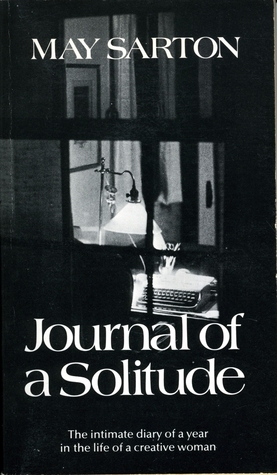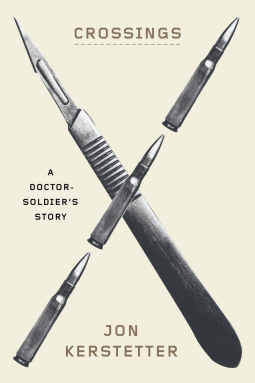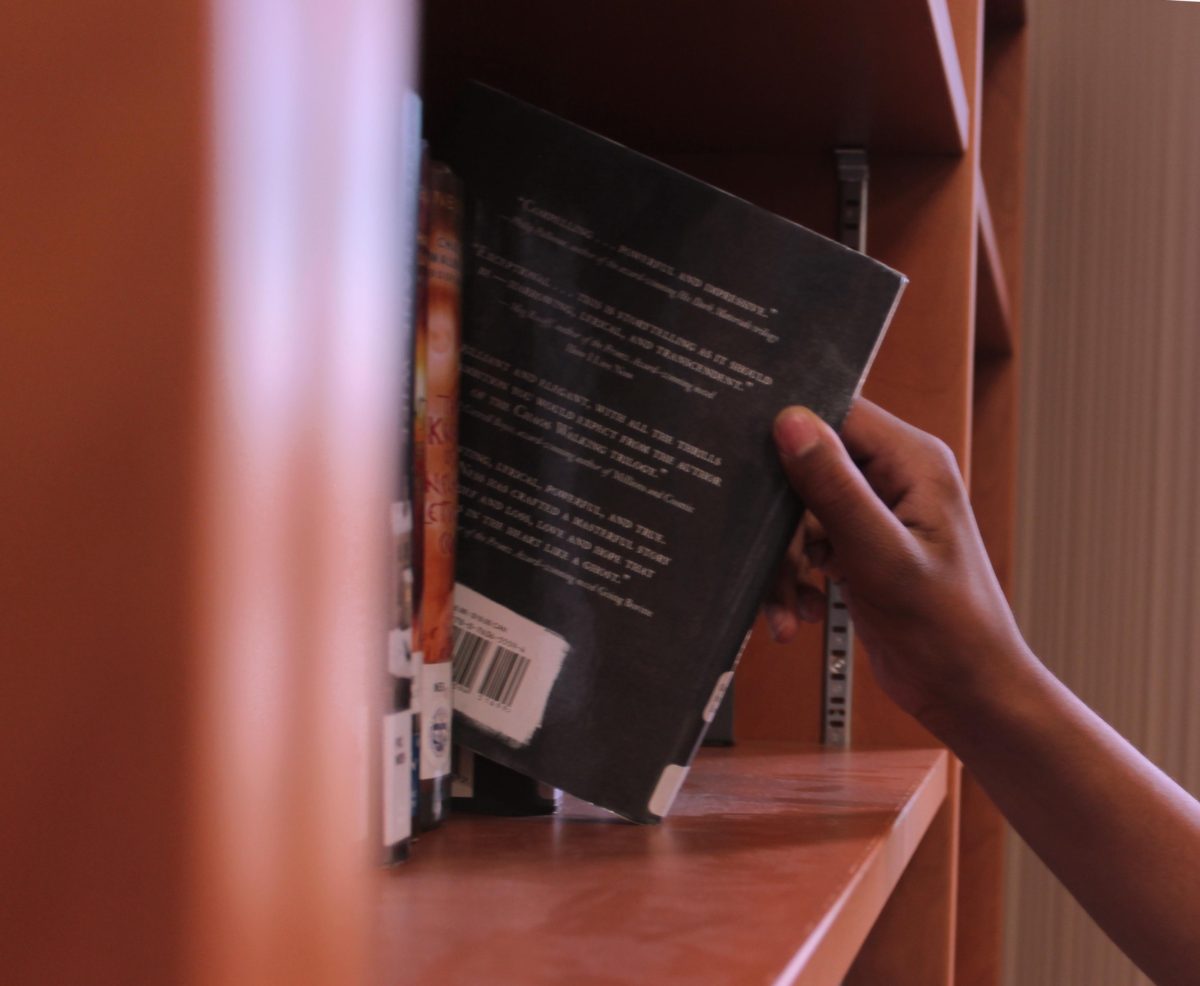I am a sucker for a great essay collection. There is an art to crafting short writing, fiction or otherwise, that I admire in others and wish I could cultivate for myself. Incidentally, despite my struggles with brevity, I am absolutely ruthless when it comes to editing other people’s short writing. I have a friend on a short story kick who can attest to the extent of my cuts (and actually, you’ll blog-meet him soon enough). But the only way to get better at short-form writing is to read a lot of it, right? So when this collection turned up on NetGalley, how I could turn it down?
American English, Italian Chocolate is a memoir in essays beginning in the American Midwest and ending in north central Italy. In sharply rendered vignettes, Rick Bailey reflects on donuts and ducks, horses and car crashes, outhouses and EKGs. He travels all night from Michigan to New Jersey to attend the funeral of a college friend. After a vertiginous climb, he staggers in clogs across the top of the Leaning Tower of Pisa. In a trattoria in the hills above the Adriatic, he ruminates on the history and glories of beans, from Pythagoras to Thoreau, from the Saginaw valley to the Province of Urbino.
Bailey is a bumbling extra in a college production of Richard III. He is a college professor losing touch with a female student whose life is threatened by her husband. He is a father tasting samples of his daughter’s wedding cake. He is a son witnessing his aging parents’ decline. He is the husband of an Italian immigrant who takes him places he never imagined visiting, let alone making his own. At times humorous, at times bittersweet, Bailey’s ultimate subject is growing and knowing, finding the surprise and the sublime in the ordinary detail of daily life.
Author: Rick Bailey
My Goodreads rating: 2 stars
Average Goodreads rating: 4.22 stars
Language scaling: B2+
Recommended audience: Those interested in short-form nonfiction writing, whether for its own sake or for the sake of improving their own.
In-depth thoughts: Essays! Cross-cultural marriages! Everything I should love! But this collection fell a little flat for me. There was no “surprise” or “sublime” for me in these rambles through the details of the everyday; just a sort of mild interest. The only essay that really got close to something for me was “For Donna, Ibsen, Pepys, Levitation,” which touches on one of his “non-traditional” (read as: single mother returning to school after a long absence) literature students who was trying to balance her passion for the class with raising her kids and trying to stay safe from her abusive ex-husband. But even that doesn’t hit the mark entirely. After a seemingly innocent lefthand turn into levitation, Bailey fails to bring it back around to the central moment in the essay: Donna, the mother and abused woman and eager literature student. Here’s the jump Bailey makes, once you take out the long, extended aside on levitation:
“I saw Ghosts on the syllabus, you know what I thought of?”
It’s my turn to laugh. “Patrick Swayze?”
“In school, like in ninth grade, we did this thing called levitation.” She gives me an embarrassed look. “Did you ever levitate?”
Seeing Donna in class, reading and thinking and sharing, was like witnessing a levitation.
There’s probably over twice as much material spent on the history of the parlor trick, dead Englishmen’s thoughts about it, and Bailey’s memories of it than on the living, breathing human in front of him, and it just feels off. While none of the other essays were this off for me, they were all equally detached and disinterested from their subject matter, except when it concerned Bailey’s own reminisces. Maybe he should have just written a straight-up memoir?
I was also a little confused over the title, or rather the title in connection with the description. I went in expecting a lot more about cross-cultural marriages, about immigration, about adapting to new cultures (or being around those who have to adapt to a new culture), and everything else that comes with those huge life milestones. And yet, nothing.
I majored in English in college, specifically creative writing, and sometimes I wondered if I should have taken myself and my writing a little more seriously by pursuing an MFA afterwards. But the writers my professors brought to campus to give readings or to guest lecture, and even what they wrote themselves, had an American University Workshop-y sameness to the writing (even if it was good) that I could maybe pretend to like but never be able to bring myself to write. There were ideas in here that I liked, but they were painted over with that workshop-y sameness to the point where it was hard for me to maintain my interest.
While I might be tempted to point to one of these essays if I ever tackle personal essays or memoirs in a lesson, American English, Italian Chocolate was just not my cup of tea, and I don’t know if I would necessarily recommend it to EFL students.










